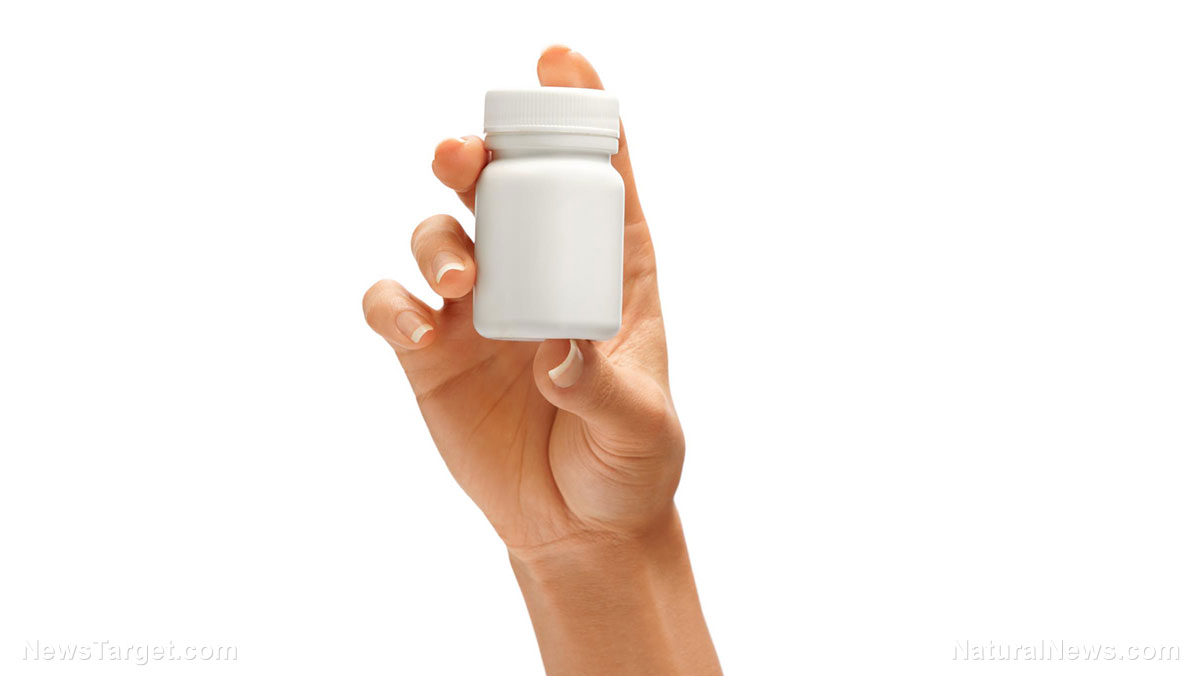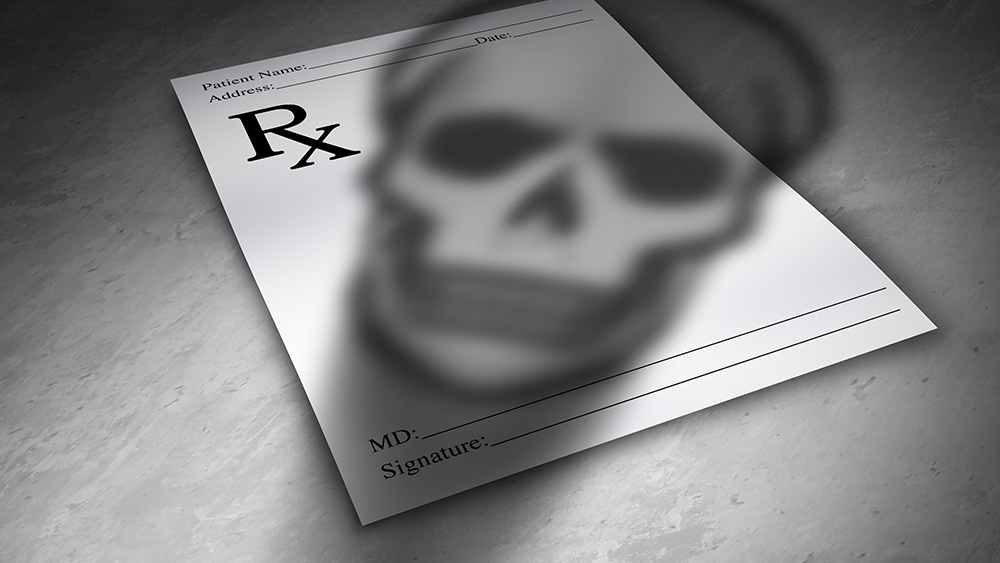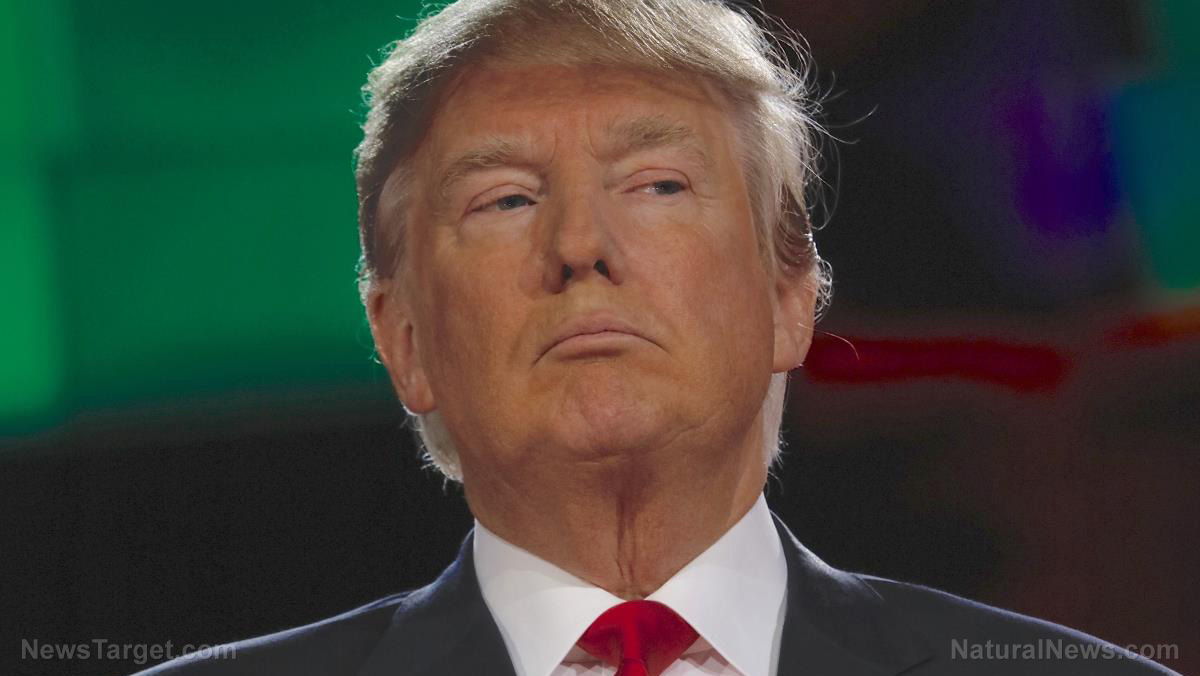New report claims opioids killed more Americans last year than the entire Vietnam War… worst is yet to come
10/26/2017 / By Jhoanna Robinson

A new paper that was released on Wednesday, October 18 by Washington, D.C.-based nonprofit organization Police Executive Research Forum (PERF) showed that the abuse of opioid drugs in 2016 alone contributed more towards the death of American people than homicides and suicides, the AIDS (acquired immune deficiency syndrome) crisis, car accidents, and the entire Vietnam War ever did.
The Vietnam War is supposed to have caused the death of 58,200 Americans in 19 years and six months. The death toll from opioid overdose last year topped that number at 64,070.
According to data from the United States Centers for Disease Control and Prevention, statistics in August 2017 showed that drug overdose deaths increased by 21 percent in just one year from 52,404 in 2015, and the fatality rate doubled from the numbers that were recorded 10 years ago; three quarters of those deaths were caused by opioid overdose.
This is significant in the sense that for the first time ever, drug overdoses are the leading cause of death for Americans under the age of 50. Pharmaceutical companies are taking the heat for this occurrence – they have been called out for making deals with doctors and healthcare centers, resulting in the over-prescription of these expensive medicines.
In 1980, studies started giving a glimpse into a possible opioid addiction for the years to come, leading some companies and regulatory bodies to try making abuse-resistant drugs which were hard to crush in the 1990s. However, by the time the 2000s came, it became apparent that prescription rates just kept skyrocketing and opioid dependence became more prevalent.
PERF is asking the federal government to take action to solve this problem because “despite the groundbreaking work that police and other agencies are doing, the epidemic is continuing to worsen”.
Moreover, PERF found that opioid deaths in 2016 were greater than:
- Homicide deaths in 1991, the peak year thus far (24,703);
- AIDS-related deaths in 1995, the worst year of the epidemic (50,628);
- Car crash fatalities in 2015 (35,092);
- Suicides, which hit an all-time high in 2015 (44,193); and
- The entire Vietnam War period (35,092).
There has also been an increase in heroin overdose deaths in 2016, according to half of the police chiefs who are also members of PERF, while almost half reported the increase of deaths from fentanyl, a synthetic drug which is about 100 times stronger than morphine.
To conclude, PERF outlined how prosecutors can contribute to the decrease of opioid overdoses, which are by:
- Revising federal drug sentencing laws so that even a small amount would be equivalent to a jail sentence (the threshold is four times higher than cocaine);
- Focusing on dealers who target patients after they come out of treatment;
- Managing to make better investigations on the process of online drug dealing; and
- Regulating unregulated “sober homes” in Florida, where “patient brokering” has resulted in a lot of addicts’ deaths.
What would actually happen if the opioid crisis were declared a national emergency
The Commission on Combating Drug Addiction and the Opioid Crisis, which President Donald John Trump created, first recommended that he order a declaration of national emergency in its interim report that was issued on July 31, 2017.
The president can issue an official emergency declaration under the Stafford Act or the Public Health Service Act. If the national emergency declaration was done under the Stafford Act, the federal government would have access to the Federal Emergency Management Agency‘s Disaster Relief Fund, which has a budget of $4.28 billion.
If, however, the declaration were done under the Public Health Service Act, Congress would have to step in and make further budget appropriations, for this law’s fund balance is now only at $57,000.
One of the main thrusts of a declaration of a national emergency due to the opioid crisis is a heightened access to the opioid overdose antidote naloxone. The Department of Health and Human Services would allow the distribution of the drug without prescription. (Related: Trump’s solution to the opioid epidemic crisis? MORE SPENDING on mental health services and “treatment”.)
Read more stories such as this one at Opioids.news.
Sources include:
Tagged Under: Big Pharma, car accidents, drug cartels, drugs, Fentanyl, homicide, national emergency, opioid crisis, opioid epidemic, Opioids, suicide, Vietnam war



















